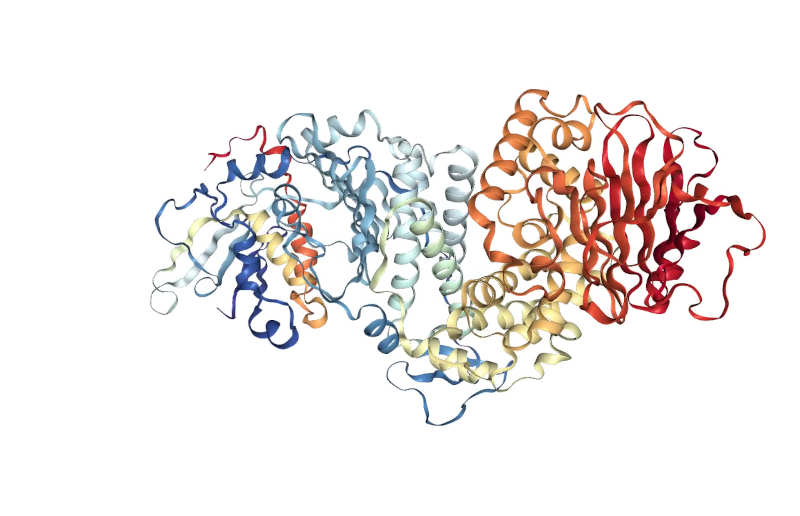About BEHIND-MS
Posted on April 15, 2024 • 4 minutes • 655 words
Table of contents
The BEHIND-MS project is a joint European research effort whose goal is to understand Multiple Sclerosis (MS) and its links to Epstein-Barr virus (EBV).
We are studying how EBV influences MS development by mapping its interactions with the immune system in MS patients’ blood and brain. Our innovative lab models and animal studies aim to uncover crucial insights into MS pathology. By collaborating with stakeholders and leveraging our findings, we’re working towards better MS management and reducing its societal impact. The project started 1st of December 2023 with a duration of 5 years.
Acronym: BEHIND-MS stands for Bridging EBV-Host ImbalaNce to Disease Onset and Progression in Multiple Sclerosis
Funding
This project has received funding from the European Union’s Horizon Europe Research and Innovation Actions under grant no. 101137235 (BEHIND-MS). It is under the Call: HORIZON-HLTH-2023-DISEASE-03; UZH has received funding from the Swiss State Secretariat for Education, Research and lnnovation (SERI).
Disclaimer
Topic: HORIZON-HLTH-2023-DISEASE-03-07; Type of Action: HORIZON-RIA.
Views and opinions expressed are however those of the authors only and do not necessarily reflect those of the European Union nor the granting authority. Neither the European Union nor the granting authority can be held responsible for them.
Objectives of this research
- Investigating how the immune system responds to EBV in the blood and brain of people with MS. This will happen by comparing immune responses in people with MS and those living without MS and quantifying EBV levels.
- Detecting irregular immune activation due to EBV by examining if EBV triggers such atypical immune responses in people with MS. The team will analyse the immune system activation and signs of autoimmunity in people with MS and people living without MS.
- Exploring how EBV and the immune system can cause damage to the nerve cells in MS.
- Developing animal models to identify MS mechanisms and new treatments and to understand MS progression. The team will test the effects of destruction of cells and treatment efficacy on MS-like symptoms.
- Identifying biomarkers and a test to monitor EBV infection in people with MS, this way the proteins in the EBV virus can be detected in blood samples.
Multiple Sclerosis
Multiple Sclerosis (MS) is a common disease that affects the nervous system. Even with new treatments that slow it down, MS often progresses, leading to a wide range of symptoms that may become debilitating. Scientists argue about what causes MS, so in-depth search is still ongoing. In 2022, researchers have found that getting infected with the Epstein-Barr virus (called EBV for short) makes it more likely to have MS or for your MS to progress. This discovery will change how researchers study MS; therefore, more research on EBV and how it is connected with MS is being funded.

Crystal Structure of the Epstein-Barr virus (EBV) gH and gL complex (from: rcsb )
As the BEHIND-MS group, we want to understand through this project how EBV leads or connects to MS. We have gathered a team of experts to study how the virus interacts with the immune system in the blood and brain of people with MS. We will also look at how genes play a role in MS. We will be making a model of MS in the laboratory using cells from people with MS, which will help us understand how MS works. We will also create a model of early MS in animals to help test new treatments.
From understanding all this, our goal is to improve how MS is treated and cared for. By understanding how EBV and MS work together and finding new ways to diagnose and prevent MS, we hope to make life better for people with MS and their families. Along our project, we will be talking to people with MS, caregivers, MS societies, MS advocates and others involved to make sure we are on the right track. The work in BEHIND-MS could make a big difference in how we deal with MS in the future.
